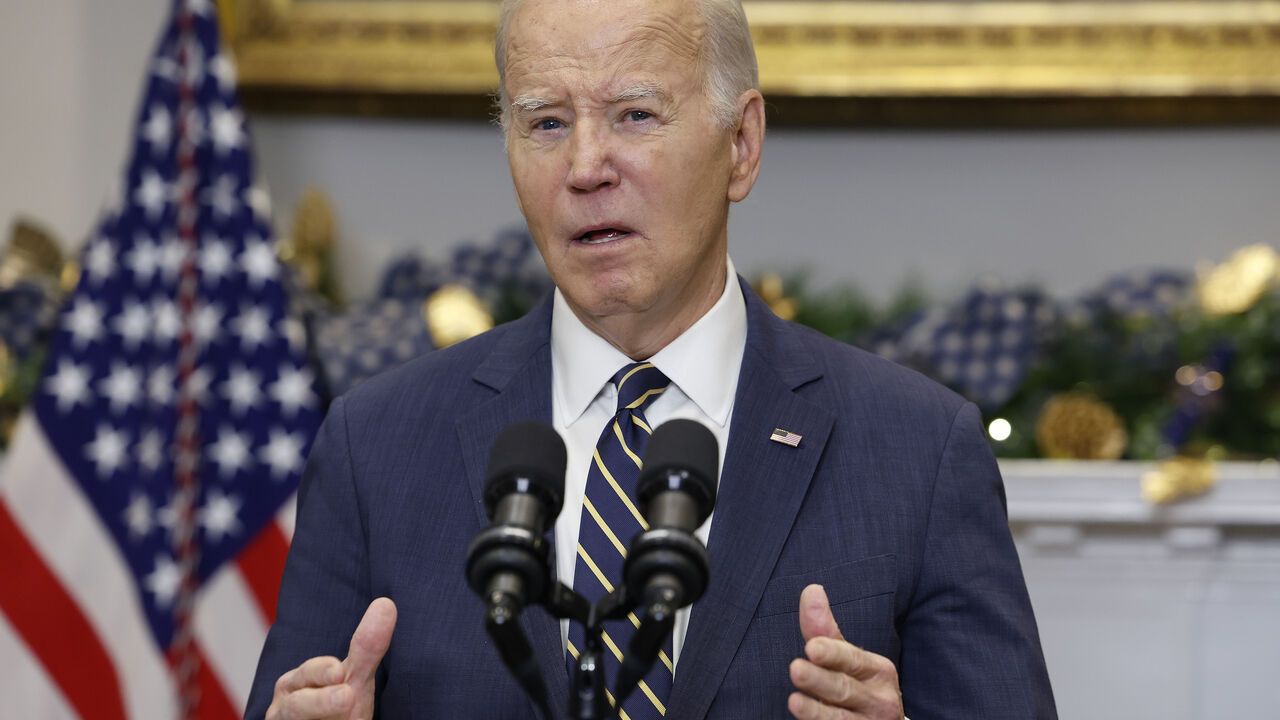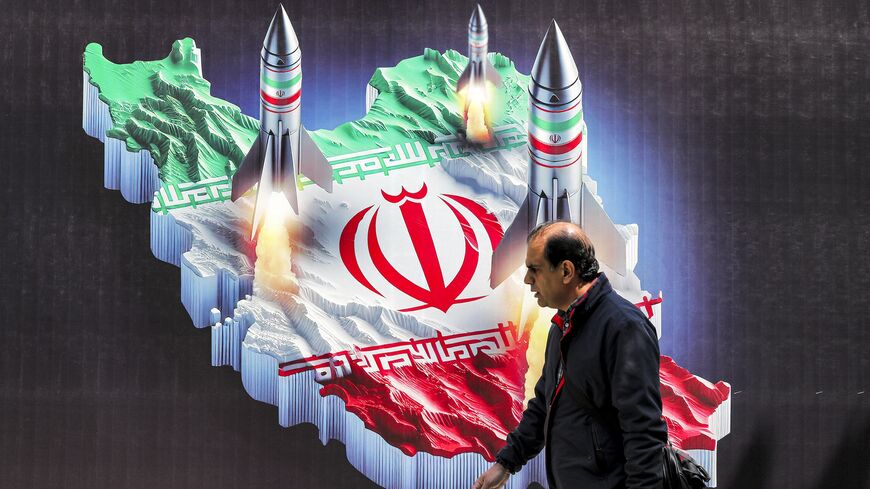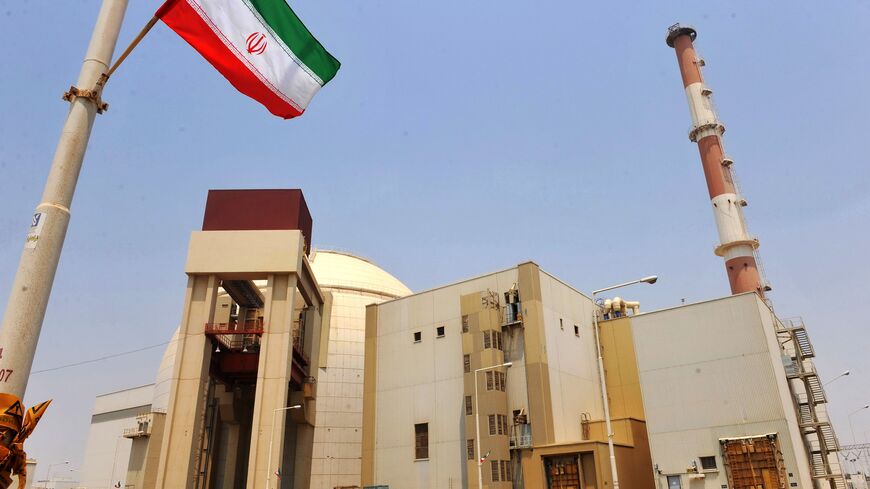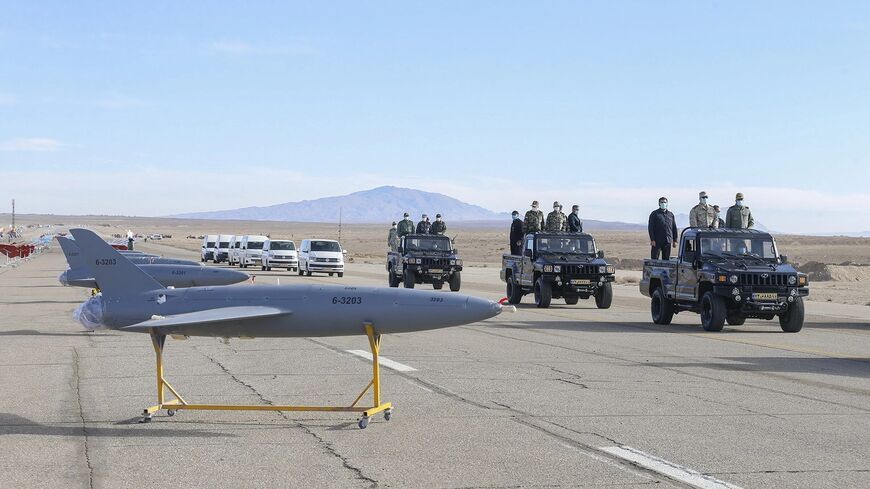G7 nations warn Iran against sending ballistic missiles to Russia
The United States and allies are warning of new economic sanctions should Tehran equip the Russian military with ballistic missiles amid the war in Ukraine.

WASHINGTON — The G7 countries issued a joint statement on Friday warning Iran not to provide ballistic missiles to Russia amid the war in Ukraine.
“We are extremely concerned about reports that Iran is considering transferring ballistic missiles and related technology to Russia,” the Group of Seven nations, which includes Italy, Germany, France, the UK, Canada, Japan and the United States, said in the statement.
“We call on Iran not to do so, as it would add to regional destabilization and represent a substantive material escalation in its support for Russia's war in Ukraine,” the statement further read. “Were Iran to proceed with providing ballistic missiles or related technology to Russia, we are prepared to respond swiftly and in a coordinated manner including with new and significant measures against Iran.”
Why it matters: The United States declassified intelligence last year indicating Russia’s interest in acquiring Iranian-made ballistic missiles amid Russia’s war against Ukraine.
Russian Defense Minister Sergei Shoygu visited the aerospace headquarters of Iran’s Islamic Revolutionary Guard Corps last September in Tehran, where Iranian officials displayed the Ababil short-range missile. Russian officials later visited an Iranian training site in December to view missile hardware, leading US officials to warn the talks were “actively advancing.”
Iran has developed the Middle East’s largest arsenal of ballistic missiles and unmanned one-way attack drones, posing a dilemma for states reliant on traditional Western-made air defense systems.
UN sanctions on Iran’s exports of missiles and drones with a greater than 300-kilometer (186-mile) range expired in October 2023, in a move welcomed by Tehran and Moscow but met with objections from the United States. Key European states retained their own missile sanctions on Iran in response.
Reuters reported last month that Iran has already transferred ballistic missiles to Iran, though US officials have not confirmed the report. Iran denied the claim, though the UK’s Defense Minister Grant Shapp seemed to suggest last month that his government had information to support it.
A senior administration official told news outlets on Friday there was no conclusive evidence that a transfer had occurred, but said the United States was watching closely. One step G7 countries may take would be to ban Air Iran flights into Europe, the official said.
Since summer 2022, Iran has transferred hundreds of one-way attack drones to Russia for use in Ukraine in violation of the 2015 UN sanctions. The Biden administration has stated that Tehran has been helping Moscow build a factory to mass produce Iranian drones outside the Russian capital.
Know more: Some of Iran’s ballistic missiles can already reach parts of Europe.
Last month, Turkey formalized its participation in a German-led initiative to integrate a broader European missile defense shield along with Greece. Turkey has hosted NATO’s key ballistic missile early-warning radar at Kurecik since 2012.
Biden administration officials have repeatedly warned that growing strategic ties between Moscow and Tehran are likely to lead to technology sharing that could make Iran’s arsenal more lethal, posing greater risks to US-friendly nations in the Middle East.
Iran has significantly increased its stockpiles of enriched uranium since the United States unilaterally withdrew from the 2015 nuclear accord with Tehran.
Iran's government took steps last year to reduce its rate of production and trim its stock of 60%-enriched uranium late last year.
But a report issued by the office of Washington's intelligence director last week assessed Tehran will likely consider furthering enrichment to weapons-grade 90% purity "in response to additional sanctions, attacks or censure against its nuclear program."






